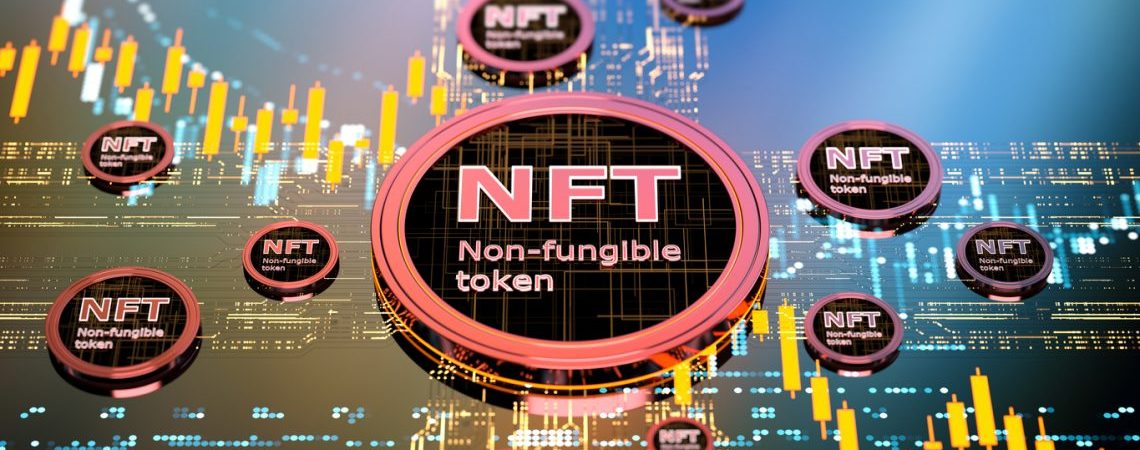
Investing in NFTs: Understanding Rewards and Risks
As digital assets gain traction as a viable means of wealth creation, NFTs have become increasingly popular among investors, speculators, and collectors. In this article, we will guide you through the basics of NFTs, the investment process, and the crucial factors to consider before diving into this dynamic market. Let’s explore the world of NFT investments together.
The Basics of NFTs and Smart Contracts
NFTs, short for non-fungible tokens, are digital assets that leverage blockchain technology to create unique characteristics that cannot be altered. At the heart of NFTs are smart contracts, which enable the creation, ownership, and transferability of these digital assets. Smart contracts, operating on the blockchain, are transparent, tamper-proof, and include codes that outline ownership, transferability, royalties, and other terms and conditions. Each NFT is assigned a unique identification number during creation, securely stored on the blockchain.
How NFT Investments Work
Investing in NFTs begins with finding the right ones to buy. Online marketplaces like OpenSea, Rarible, and Nifty Gateway offer a diverse range of NFTs, ranging from inexpensive items to priceless assets. Before making a purchase, conducting thorough research is essential. Factors such as the NFT’s originator, rarity, and current demand for similar NFTs should be considered to assess its potential worth.
NFTs are typically traded using cryptocurrencies such as Ethereum and Bitcoin. To engage in NFT investments, investors need to set up a digital wallet capable of storing cryptocurrency and connecting to the chosen marketplace. Once an NFT is purchased, investors can monitor market trends to gauge its value. If the market fluctuates or shows no growth, investors have the option to sell the NFT and potentially make a profit.
Risks Involved in NFT Investments
While NFT investments offer exciting prospects, it is crucial to be aware of the potential risks involved. Understanding and managing these risks is key to making informed investment decisions. Let’s explore the primary risks associated with NFT investments:
- Market Volatility: The NFT market is highly volatile, with values that can change dramatically in short periods. Predicting an NFT’s future value accurately can be challenging. Investing at the wrong time or holding onto NFTs for too long can result in significant losses.
- Lack of Regulation: The NFT sector is still largely unregulated, exposing investors to potential fraud and ownership disputes. Multiple copies of an NFT circulating can raise questions about authenticity and ownership, requiring careful consideration.
- Ownership and Storage: As NFTs exist solely in digital form, proper ownership and secure storage are vital. Inadequate storage measures can lead to the loss or theft of valuable NFTs. Additionally, when selling an NFT, proper ownership documentation and transferability capabilities are necessary.
- Environmental Concerns: The environmental impact of NFT investments has raised concerns due to the high energy requirements associated with their creation and trading, particularly on the Ethereum blockchain.
- Liquidity: Selling NFTs can be challenging if there is limited activity or demand in the market for a specific type of token. Lack of liquidity may result in difficulties and potential financial losses when attempting to sell NFT assets.
Successful Adoption of NFTs in the Middle East: One region that has embraced NFTs and shown remarkable adoption is the Middle East. Entrepreneurs, investors, and influencers in the region are increasingly turning their attention

Leave A Comment